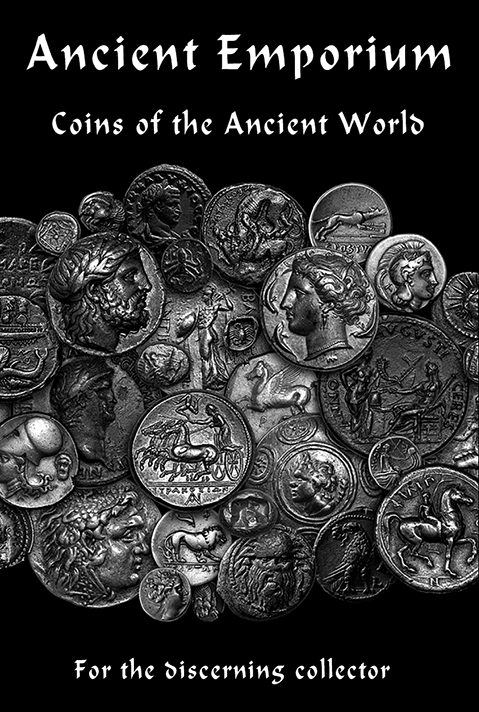Two monumental Roman carved heads unearthed at an archaeological dig in Carlisle have been described as ‘finds of a lifetime’ and adds to the ever-expanding list of artefacts found on the site. Previous digs have discovered carved gemstones described by a leading expert as being up there with the great artworks of the empire. Tiles ‘fit for a Roman Emperor’ were also discovered indicating that Septimus Severus, a third century Roman Emperor, has connections to the site.
Excavations have also uncovered several tiles stamped with the official Roman Imperial stamp. The IMP stands for Imperator, Latin for Emperor. A stamp such as this indicates a tilery and brick makers who had official imperial approval.
The new dig got underway on Monday 22 May and will carry on until Saturday 24 June, a week later than planned, due to the generosity of local firm R H Irving Construction. The local firm donated their support and provided the machinery on site for free resulting in the excavation being expanded allowing even more volunteers to take part.

The site continues to be active and is open to the public between Monday and Saturday. Tours of the site are held at 11.30am and 3pm on each of these days.
Cumberland Council’s portfolio holder for Vibrant and Healthy Places, Cllr Anne Quilter, said: “This is exciting news and is a real coup so early into the dig. It is a significant find and it is great to hear that they were unearthed by volunteers. Carlisle has a rich Roman history, and this further strengthens the city’s connection to that era. I can’t wait to see what else is found! Thanks to all the team involved in the dig, including the hundreds of volunteers that have signed up to lend a hand.”
Uncovering Roman Carlisle has received £56,700 from the UK Government through the UK Shared Prosperity Fund. Wardell Armstrong LLP alongside Cumberland Council and Carlisle Cricket Club would like to get as many people to visit in this incredible project as possible.

The funding aims to improve pride in place and increase life chances across the UK investing in communities and place, supporting local business, and people and skills. The project will allow members of the public to take part in the community excavation or visit free of charge.
Frank Giecco, Technical Director at Wardell Armstrong, added: “It’s been an incredible two days into the project; it’s the first sculpture found from the site and could be the find of a lifetime. This truly shows the significance of the Bathhouse and raises the site to a whole new level of importance with such monumental sculpture and adds to overall grandeur of the building.”



